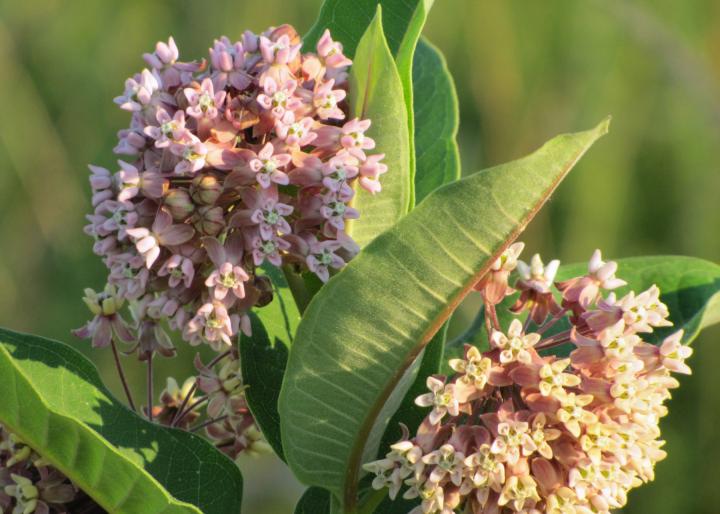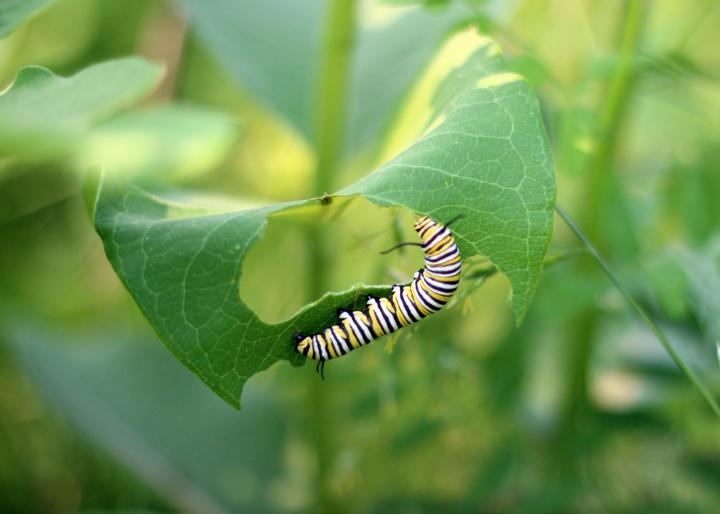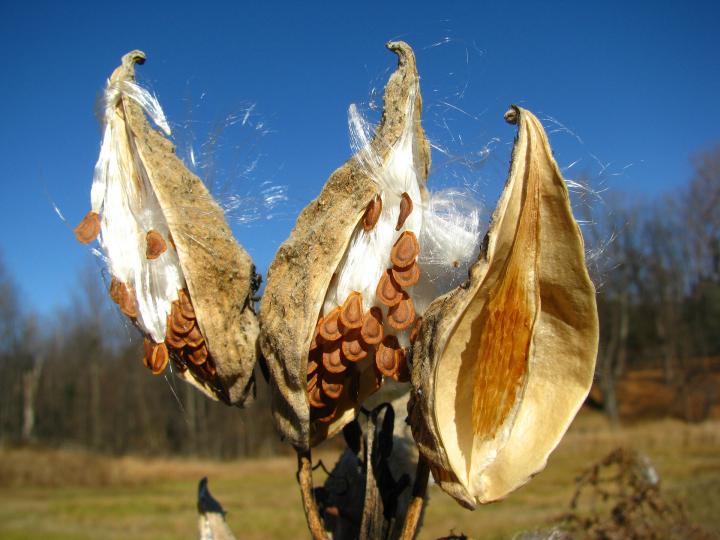
Learn About Milkweed—an Important Native Plant!
ADVERTISEMENT
Milkweed grows in our gardens. We do not grow it. We only discourage it in inconvenient places. We love the aroma when it blooms. As our gardens are fairly wild (Survival of the fittest and all) it fits in with all the pollinators. Also a long with the sunflowers it attracts goldfinches late in the summer.
Thanks for the milkweed seed info; (I live in Conn.) Common milkweed seeds grow well in just average soil. Scratch milkweed seeds directly into the soil in the fall. The following summer, seedlings will emerge. Glad to read Milkweed is Native to USA~ty
I grow milkweed in my garden. For several years it didn’t do well. It would die before making seed pods. This year it’s beautiful and vigorous. I saw one monarch and one fritillary. I love the fragrance and all the insect activity.
I would like to know how to store the milkweed sap for warts and such in small amounts and how long will it be effective
How to store up for winter as a salve
We used to take the tips of the milkweed and boil them slightly. Then drain them. After patting them dry we would do like a stir fry with butter in a frying pan with them. They would kind of taste like green beans.
I'm wondering where to buy "pure" milkweed seeds. After reading the comment below about the seeds not being organic and free from pesticides I have to ask where can I buy some now?I don't live in the country (although I'd like to! I married such a city boy!) nor do I know anyone who does.
Thank you!
I live in an area where milkweed grows in open fields. I can send you milkweed pods. You'll be picking your own milkweed seeds
Text back and we can arrange it.
I read your article and unfortunately it is derived from incorrect information as common milkweed, even eaten raw, is not bitter or toxic. The information you received was passed down from a misidentified dogbane by Euell Gibbons back in 1962 and apparently that information “stuck”.
I agree with you Chris. For many years, I was afraid of eating common milkweed (Asclepias syriaca) for the same reason. Euell Gibbons' "Stalking the Wild Asparagus" was one of the first books about wild plants I owned back in the 80's. Out of curiosity, I eventually wanted to know how bitter this plant was and ate a very small bit of leaf - it was sweet! Since then, I harvest flowers, leaves, and young stems for food and drinks, being careful to first check leaves for monarch eggs. I routinely pinch off the tops as a treat when working in the rest of the garden. What I know is that you can be allergic or sensitive to ANY plant food, even common produce you'd find in a market. But since I discovered how delicious milkweed is (and haven't gotten sick or died, lol) I will continue to eat this plant without boiling "in several changes of water".










